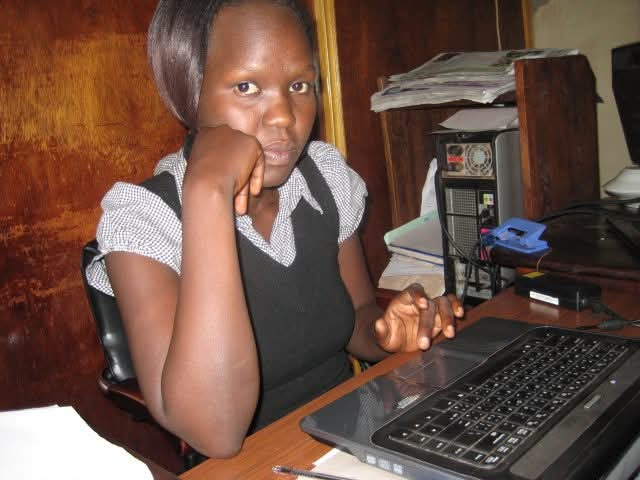Sexual Harassment, Unpaid Work, and Denied Maternity Leave: The Silent Burden of Female Journalists in Upcountry Newsrooms in Uganda
This is the story of Susan Achola, a Ugandan radio journalist whose career exposes the grim reality of sexual harassment, denial of maternity leave, exploitation, and unpaid labour in the country’s media industry.
When you switch on your radio to catch the morning news, you rarely think about the voice behind the microphone, her struggles, her sacrifices, or the silent battles she is forced to fight. For many female journalists in Uganda, the studio is not just a workplace- it is a battlefield. Behind the powerful words they use to defend the rights of others lies a haunting irony—they themselves are denied their own rights.
When Susan got her first newsroom job at a leading radio station in Lira City, she was excited. But her dream soon collided with the harsh realities of being a woman in journalism
Sexual Harassment in the Newsroom
“In a newsroom of 14 male reporters, I was the only woman. During editorial meetings, every male colleague volunteered to be assigned to the field with me. At first, I thought it was kindness—but it was a trap. They would deliberately delay the assignments so that we returned late to the newsroom, using that time to pressure me into sexual advances,” Susan recalls.
Turning them down meant going back to the editor with no story. When she complained, she was withdrawn from fieldwork and restricted to desk assignments and walk-in stories. But the harassment did not stop, it came from colleagues, supervisors, and even news sources.
In 2022, during an interview for a News Editor role in Pader, a radio manager bluntly told Susan: “If you spend the night with me, your employment will be secured.” Susan walked away from that job even she qualified for the job .
Eight Years of Work Without Pay
“My passion was to give rural communities a voice. I joined several local radio stations across Northern Uganda, believing I was making an impact. But I was repeatedly employed without contracts, making me vulnerable to exploitation,” she laments.
At one radio station in Kitgum, she worked for two years, paid only once, in the first month and never got any pay for the entire 23 months. The manager told her she had to find paid for advertisers if she wanted to earn a salary. After two years, she decided to quit, only to face the same pattern at other radio stations. Across five different radio stations, none paid her consistently beyond three months.
Usually the verbal promised monthly radio pay for an anchor who doubles as a news editor, does not go beyond Ugx 300,000 (three hundred thousand shillings) a liitle lower that $100, reporters are paid per a story between ugx 500-7000 (five thound & seven thousand uganda shillings) an equivalent of slightely below $2, which is also never paid consistently
Denied Maternity Leave
Uganda’s Constitution (Article 40) guarantees every person fair, safe, and healthy working conditions. The Employment Act, 2006 (Section 56) grants female employees 60 working days (90 calendar days) of fully paid maternity leave.
For Susan, maternity leave has been nothing but a dream.
“In 2014, after my first child, I was called back to work barely one month after delivery. I quit. In 2019, when I had my second baby, I requested maternity leave. Two weeks later, I received a letter saying I was only eligible for half pay and must resume work immediately. I had no choice but to take my new-born to the studio, placing her under the table while I hosted the morning show or read the news bulletin,” she recalls with pain.
Even after a C-section delivery in 2024, Susan received phone calls from the radio staff while she was still in hospital. She admits she has never enjoyed her maternity leave in full.
This cycle of harassment, denial of rights, and financial exploitation forces many women out of the profession. Some young women postpone or deny themselves motherhood. Others quit journalism altogether.
Besides enduring harassment and years of unpaid work without contracts, Susan says she has also been sidelined from leadership positions—even when she qualified.
A Call for Intervention
Susan’s story is not isolated. Across Uganda, female journalists, especially in rural and semi-urban stations, where systemic abuse and violations of labour rights are evident.
It is time for:
- Media owners to comply with the Employment Act and issue contracts.
- Government regulators to enforce labour protections for journalists.
- Parliament and policymakers to strengthen monitoring of compliance with the law.
- Civil society and press associations to create safe reporting channels for sexual harassment in the media.
Susan’s Last Word
“Do I regret being a journalist? No. But I wish things were different. Journalism is a noble profession—it should not strip us of our dignity as women, as workers, and as mothers.”ism.



